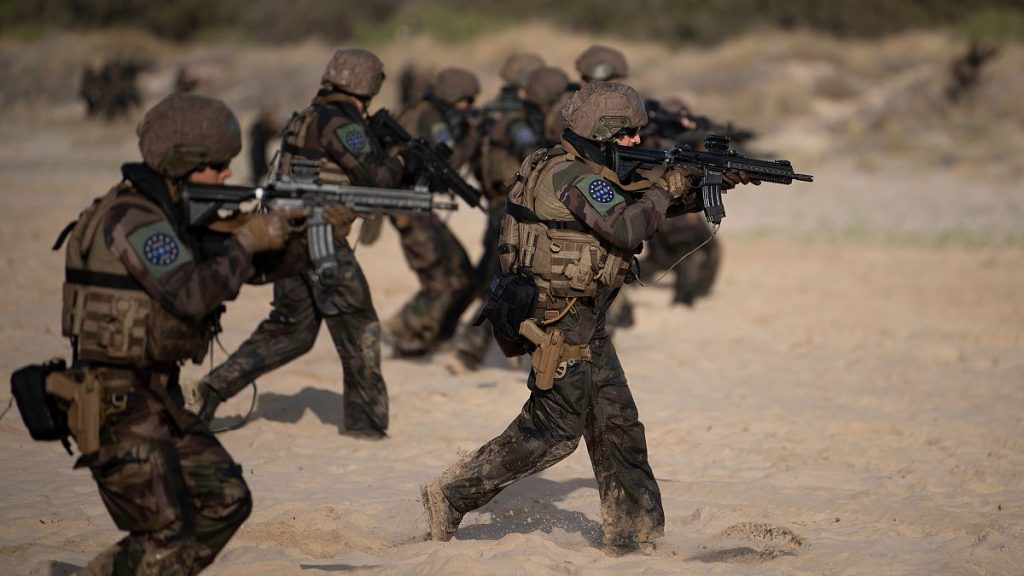A recent poll conducted by Ipsos found that nearly half of Europeans agree that Brussels should enhance its military strategy in response to threats from Russia and uncertainties regarding the US. The survey, which included 26,000 EU electorate participants, revealed that more than one third of eurosceptic voters also believe in prioritizing a common defence policy. European Commission President Ursula von der Leyen has made defence a key focus of her re-election campaign, and the poll results are likely to support her efforts. While voters are primarily concerned about issues such as inflation, inequality, and migration, there is significant support for pooling military powers within the EU.
The poll also indicated that strengthening defence capabilities would be more popular among EU voters than sending aid to war-torn Ukraine or protecting minorities. As several EU states are increasing their military capabilities in response to the conflict in Ukraine and potential shifts in US commitment to NATO, there is a growing interest in improving arms procurement efficiency and potentially establishing a €100 billion defence fund. Countries like Finland and Poland show strong support for bolstering EU defence, particularly due to concerns about Russia’s aggressive behavior. However, there is less enthusiasm in Hungary and Austria, with the former resisting sanctions on Russia and the latter maintaining a commitment to neutrality.
Support for a stronger EU defence is particularly high among older voters and centrist parties that are likely to back von der Leyen’s re-election bid. Surprisingly, even voters who are typically cautious about granting more powers to Brussels, such as those belonging to the European Conservatives and Reformist (ECR) and Identity and Democracy (ID) groups, express support for heightened military policies. While some lawmakers like Nicola Procaccini view common defence as a key function of the EU, others like Jean-Paul Garraud argue that European military integration undermines national sovereignty and could be met with resistance from member states. The far left, as outlined in its 2024 manifesto, seeks to reduce military spending and eliminate nuclear weapons in Europe.
Despite some opposition from lawmakers and voters who prioritize national sovereignty, the push for a more unified and capable EU defence force appears to be gaining traction in response to external threats and shifting global dynamics. Von der Leyen’s emphasis on military collaboration and investment in defence could prove to be a significant factor in the upcoming EU elections, with a considerable portion of the electorate showing support for enhanced military strategies. As countries like Russia continue to pose challenges to European security, the prospect of a stronger EU defence becomes increasingly relevant and may shape the future direction of the bloc’s security policies.


